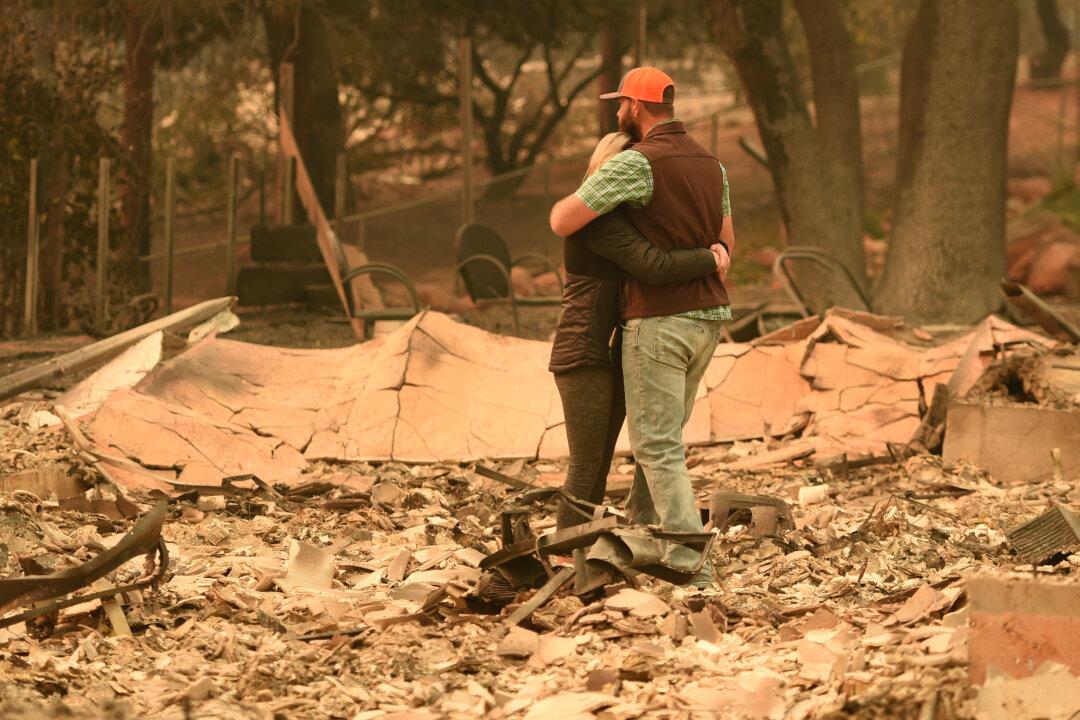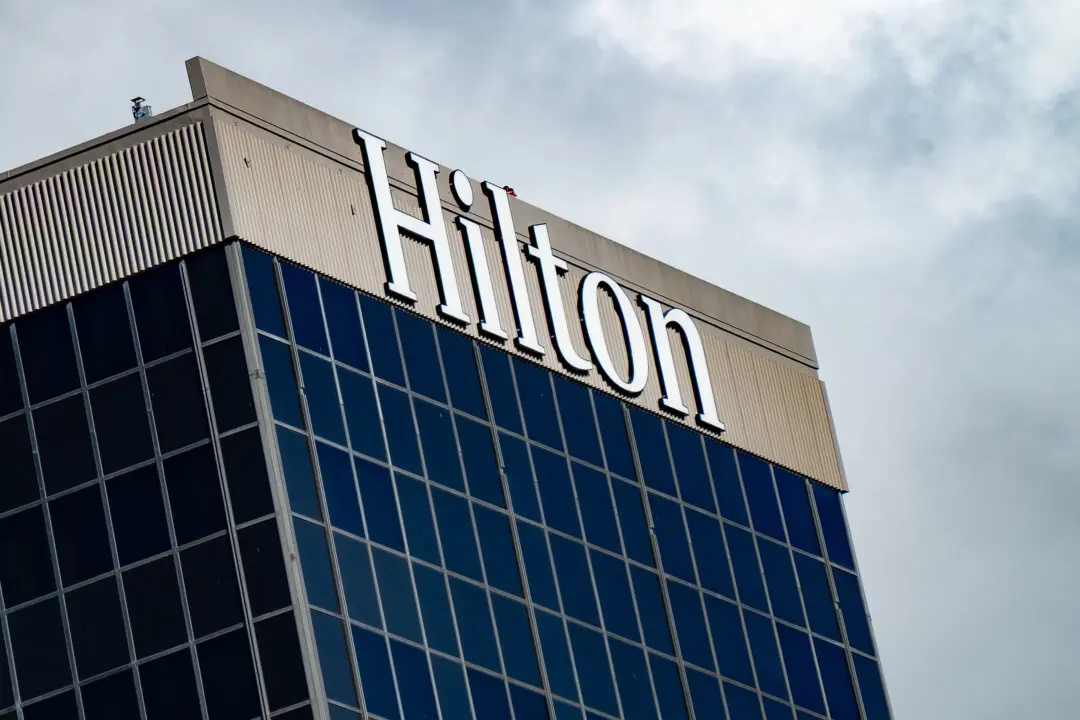Tens of thousands of wildfire victims could soon miss out on an opportunity for compensation as the Oct. 21 deadline to file claims draws near.
As many as 40,000 victims affected by a series of devastating blazes that ravaged parts of California over the last four years have not yet filed claims in Pacific Gas and Electric Company’s bankruptcy case. The San Francisco-based company has been blamed for causing many recent fires. So far, about 30,000 victims have filed claims through lawyers and another 1,500 have done so on their own.





